The Dog Stars: A Review
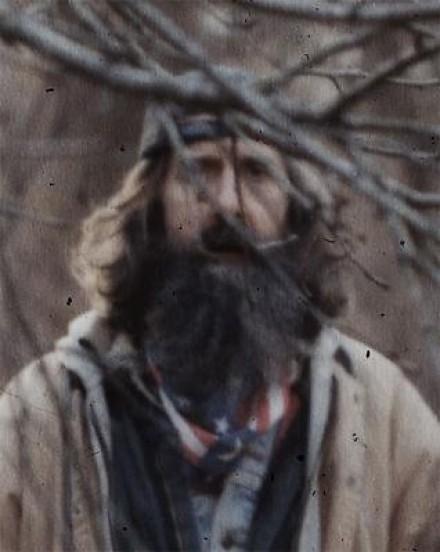
When I picked up “The Dog Stars,” a novel by adventure writer and NPR contributor Peter Heller, the man behind the cash register started gushing effusively about it. “One of my top two favorite books of the past year,” he said.
It had received similarly positive reviews from Matt Dreyer™, who had recommended it to me in the first place. I almost universally like anything Matt Dreyer™ likes — he has introduced me, among many other things, to the show “Justified” — although I still refuse to read one of his favorite things, which is the Aubrey Maturin series by Patrick O’Brian. Set on a ship in the Royal British Navy during the Napoleonic Wars, the series is twenty fucking books long. Serious time commitment. Anyway, I digress.
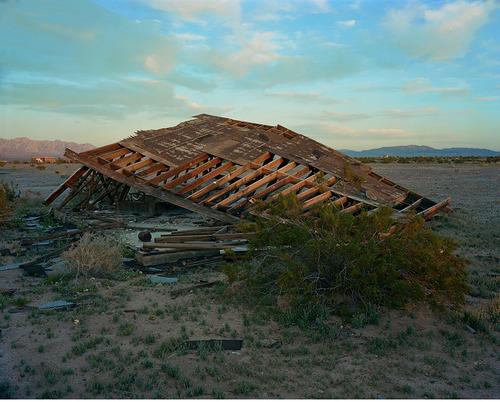
“The Dog Stars” is a post-apocalyptic novel about a man named Hig, his dog Jasper, and the survivalist Bangley with whom he shares his fort. This particular apocalypse was brought about by a flu epidemic, and then a blood disease, which killed all but a few humans left on earth. These humans, it goes without saying, are cannibals and thieves and blood thirsty to kill any survivors. In other words, this is an apocalypse novel that, if you’re a fan of this sort of thing, covers all of the tropes.
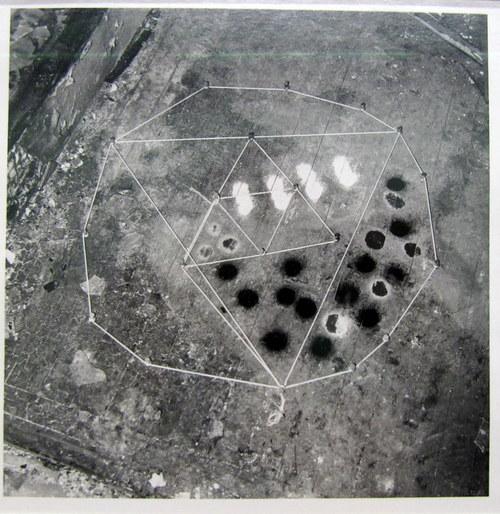
Bangley and Hig are both uniquely equipped to survive in this sort of environment. Bangley because he has been training for it all of his known life, and Hig because he was a pilot who was also an outdoor adventurist, fisher, hunter and gardener who can gather the food and do reconnaissance all at the same fucking time. If he weren’t living in post-apocalyptic times, Hig would be the sort of amazingly rugged man who starred in an Axe deodorant commercial, or hangs out in coffee shops in Denver. At one point, he even lists “Infinite Jest” as his favorite novel.
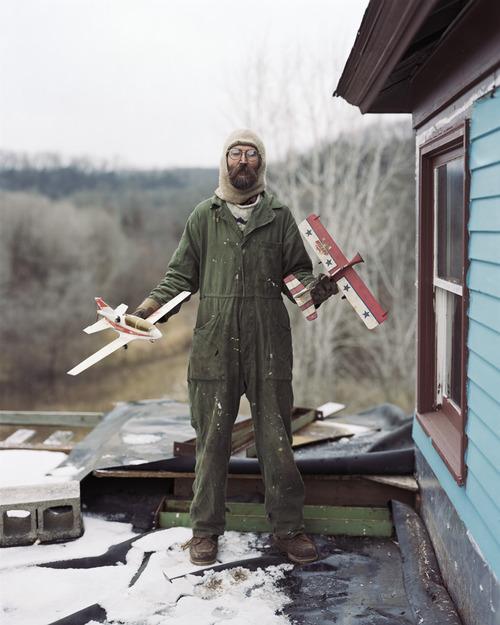
Bangley and Hig have been keeping shit down at the small airport where they live for nine years. Oftentimes in those nine years, they’ve had to kill intruders who have come to steal their supplies or just plain annihilate them for no reason. These intruders sometimes include children, whom Bangley shoots without giving them a chance to, as he says, “negotiate.” In Bangley’s post-apocalyptic world, everyone but Hig is the enemy. Hig, being the amazing man that he is, feels great moral quandary about this, and makes up for it by bringing food to a family of Menonites with the blood disease just down the river from their camp.
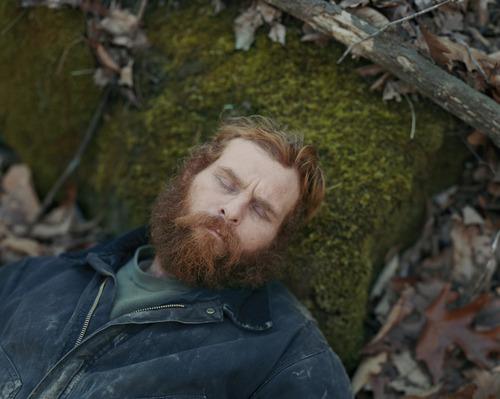
The language of the book is very poetic — it’s written almost in stanzas, like a Carolyn Forche poem, rather than in chapters. This language can be at times gorgeous, and at times exhausting — for instance, as beautiful as trout must be while they swim downriver, or as gorgeous as the wind must be as it moves through the pines, I don’t fucking give a shit, and I don’t really want to read pages and pages of descriptions of it. What I do want is a lot of information about what the flu was like, how people died, what they said, and what happened in the aftermath. Heller, brilliantly, only gives brief little hints about what the apocalypse actually was like — I say brilliant because it forces you to use your imagination.
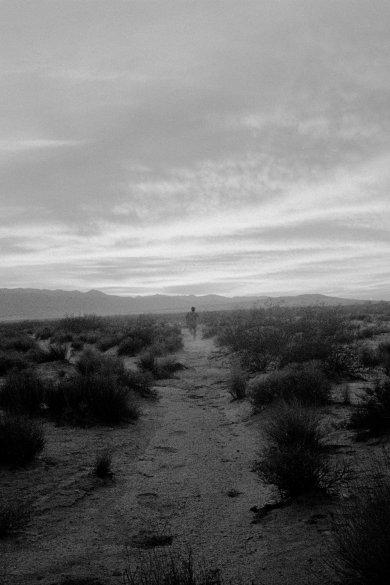
The problem is that I’ve already imagined up Heller’s scenario thanks to books like “The Road” and “The Year of the Flood,” movies like “Contagion,” and photographic works by artists such as Alec Soth. (Many of his images are used to illustrate this post.) I already know what sort of panic would ensue as everyone died, and the world filled up with bodies. I already have reasoned with myself about why people would turn into monsters to survive. Heller’s book comes sort of at the end of the trend — everything he’s written about has been done before, the difference being that Heller, by training, is an outdoor sport and adventure writer, so he is able to adeptly capture what it might be like to live in a post-technology world.
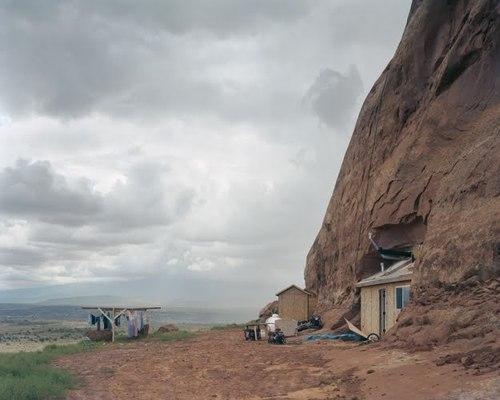
What I’d really love to read is a novel that paints a sort of more harmonious picture. Humans all get along better now that no one else is around, and revert back to the rosy agrarian times Karl Marx idealized in “Das Kapital.” Either that, or something truly outlandish, like humans start to mate with other animals like horses, and their offspring are beautiful, and kept as house pets, and then slaves, and then these slaves revolt and take over the world because they have three eyes and telepathic abilities, and humans die off like the neaderthals as a result. I don’t fucking know, that’s just one scenario. But a survivalist book in the wake of an apocalypse has already been done before — it’s sort of a shame Heller’s wasn’t published a while ago, because he is a particularly good one.
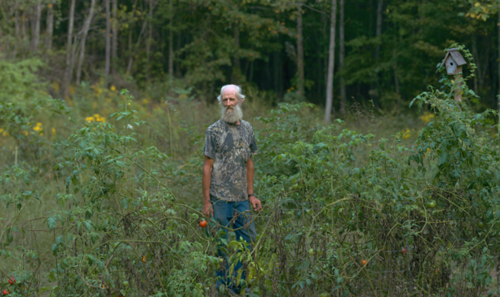
One thing I particularly loved about the book was how much love spilled through the words. I assume Hig is actually Heller idealized — when he speaks about losing his wife, Melissa, to the flood, Heller writes of her with such awe and honesty that you know she must be a real woman. Some men actually do really love their wives, after all. And the way that Hig feels about Jasper, his little dog, who follows him wherever he goes, will resonate with any dog owner — when he makes a little space for him to sit in his tiny airplane, so that Jasper can look out the window, I literally felt my heart bursting with tenderness. I thought of Franke in the car, pushing her little body against mine while I drive so that she can see over the steering wheel.
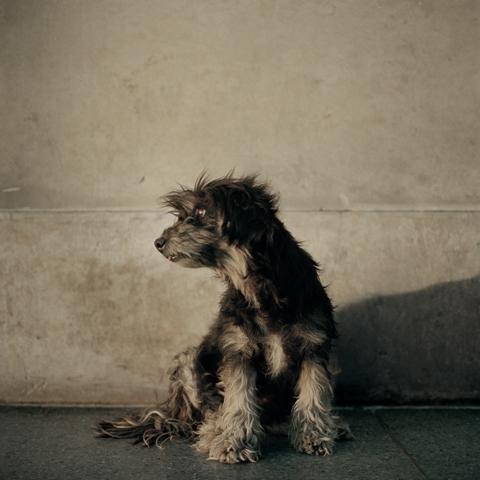
Jasper was a dog particularly well suited to post-apocalyptic life. He was smart and quiet. My own animals would be the worst post-apocalyptic survivors ever. Firstly, Franke would bark and give away my location, opening us up to murderous monsters wearing human vaginas around their necks — such a necklace does actually appear in “The Dog Stars.” Then, when I tried to eat her, she’d be so tiny that there wouldn’t be enough meat to satiate me on her bones. Our stupid cat Butters is a little fatter, but the second she ran out of food, she’d start mewing and knocking shit over, and I’d be forced to abandon her because she was annoying me. This is really a digression, but losing the animals is one of my greatest fears — I thought Heller captured the bond I feel with them particularly adeptly.
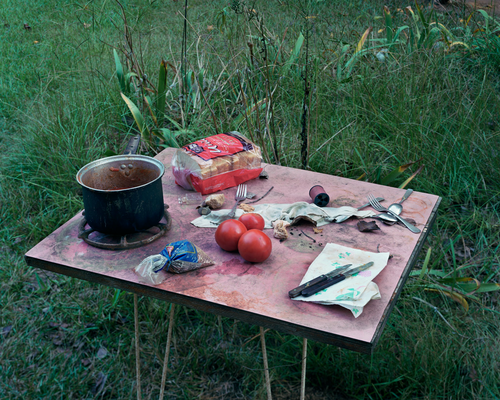
I won’t tell you anything else that happens in the novel, although I will say that it does end hopefully. There is real goodness in the text, which will appeal to a particular group of people, mostly white men who are intellectually sensitive but physically capable. Like every Brooklyn man imagines himself to be. I really enjoyed it — but might wait for the paperback version, which allegedly is being released soon.
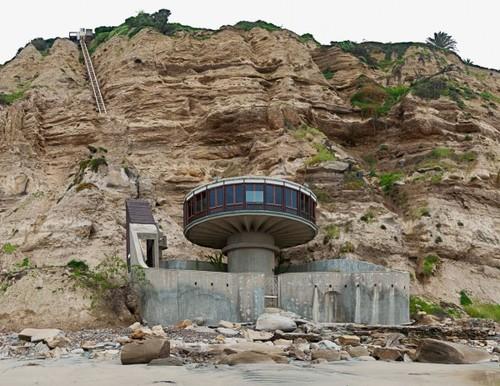
(All images in this post are either by John Divola or Alec Soth.)
